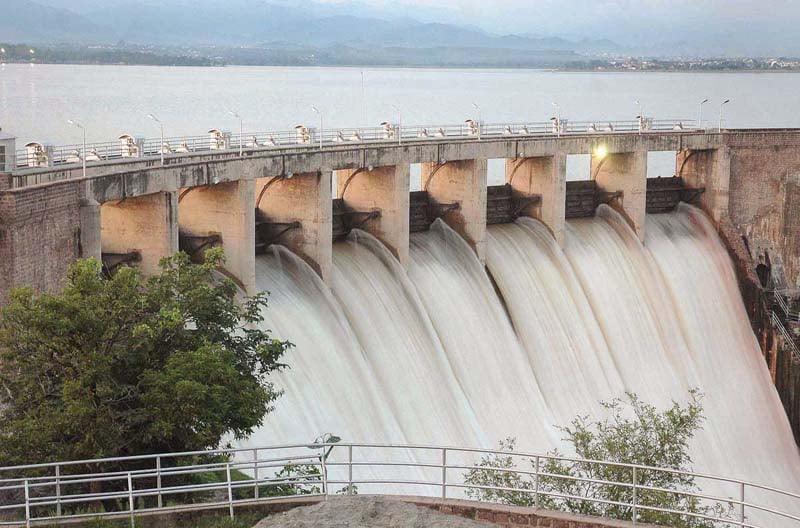Rawalpindi:
The twin cities of Rawalpindi and Islamabad continue to face an imminent water crisis, the three main dams providing water to the region experience extremely low levels due to prolonged drought and 44% of precipitation lower than the average in the last 12 months.
With scorching heat and increased temperatures accelerating evaporation, water levels in Rawal, Khanpur and Simly Dams have dropped alarmingly. If heavy pre-mousson rains do not occur by June 30, the water shortage could degenerate into a serious crisis for the two cities.
The Rawal dam, built in 1960, has a total storage capacity of 1,752 acres. It currently contains 1,737 acres of water – enough to meet the needs of twin cities for two months. The Khanpur dam, with a capacity of 1,982 acres, now contains only 1,921 acres, sufficient for only one month of supply. Simly Dam, which only provides Islamabad, has a storage capacity of 2,315 acres, but currently contains 2,249 acres, enough for about two months.
Rawalpindi receives 23 million gallons of water per day from the Rawal dam, and six million additional Khanpur gallons via the Water and Sanitation Agency (WASA). Due to the lack of precipitation, the groundwater levels also dropped considerably – between 750 and 800 feet in Rawalpindi – with conditions similar to Islamabad. Most of the wells and tubes well installed between 1990 and 2000 in Rawalpindi have now dried, reducing the water supply of these sources.
WASA spokesperson and director of the Umar Farooq administration confirmed that the drop in water levels of the dam is due to the current drought. However, he assured the public that there was no cause of panic. “The pre-mousson season is expected to start within two days, followed by the main season of the monsoon, which should bring strong precipitation and help to reconstruct the dams,” he said.
While recognizing the current shortage of water, it excluded the possibility of a major crisis and noted that in areas faced with a low water supply or defective tube wells, the agency has launched water delivery through oil makers. He urged residents to keep water by avoiding waste practices such as washing cars and watering lawns with pipes.




